Turkey
Turkey is a unitary state composed of villages (köy), municipalities (belediye) and special provincial administrations (il özel idaresi).
CEMR in Turkey – Union of Municipalities of Turkey (www.tbb.gov.tr)







Local governments
Villages
Villages are the traditional local administration in rural areas and usually have a population size of 150 to 5,000 inhabitants.
The village council (köy derneği) is one of the decision-making bodies of the village and is composed of citizens of 18 years or older.
Municipalities
The municipal council (belediye meclisi) is the local authority's main decision-making body. It is composed of members, whose number varies from nine to 55, depending on the demographic size of the municipality, elected by direct universal suffrage for a period of five years.
Villages
The village executive committee (ihtiyar heyeti) is the main executive body of the village.
Municipalities
The municipal executive committee (belediye encümeni) is both the executive and decision-making body of the municipality. A proportion of its members are bureaucrats appointed by the mayor from among the local administration's heads of unit, while the rest are elected from within the municipal council for a one-year term. Local authorities with a population of less than 100,000 have five executive committee members while those with more than 100,000 inhabitants have seven members.
Villages
The headman (muhtar) is elected by the villagers for a period of five years. He/she represents the village and carries out the services provided to its inhabitants.
Municipalities
The mayor (belediye başkanı) is the executive body of the municipality. He/she is elected by direct universal suffrage for five years. The mayor heads the municipal administration and represents the local authority.
Municipalities with more than 100,000 inhabitants must also open shelters for women and children.
-
- Urban planning
- Water supply and sewage
- Transport
- Environment and environmental health
- Hygiene
- Municipal police, fire fighting, emergency, rescue and ambulance services
- Urban traffic
- Funerals and cemeteries
- Parks and green spaces
- Housing
- Culture and tourism
- Youth and sports
- Social services and assistance
- Weddings
- Vocational and skills training
- Services for economic and commercial development






Other Governments
The provincial council (il genel meclisi) is the special provincial administration's legislative body and is composed of members elected by direct universal suffrage for a five-year mandate. It is headed by a president, elected by and from among the members of the council.
The provincial executive committee (il encümeni) is composed of ten members. Five members are elected each year by the provincial council from among its own members via secret ballot. The other five are appointed for a one year period by the governor, from among the heads of unit of the special provincial administration. The head of the financial services unit is mandatorily one of them.
The governor (vali) is the head of the special provincial administration. He/she is appointed by the national government and represents the special provincial administration.
Turkey is administratively divided into 81 provinces and 983 districts. The central government is organised on the basis of provinces and districts. Governors represent the central government apparatus across the provinces, whereas district governors do so for districts. In 2014, the status of 14 provinces were converted into that of a metropolitan municipality system (in addition to 16 existing metropolitan municipality) and their special provincial administration was abolished. Municipalities enjoy full administrative and financial autonomy.
-
- Health and social assistance
- Public works
- Culture
- Education
- Agriculture and animal husbandry
- Economic and commercial matters
- Urban planning for villages
